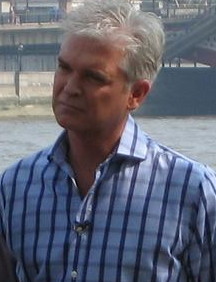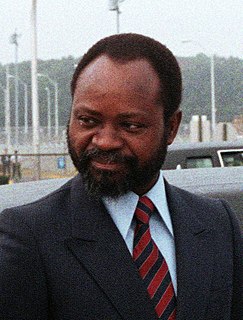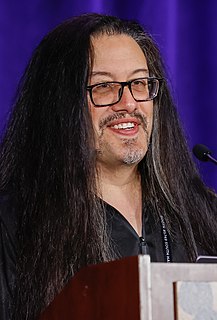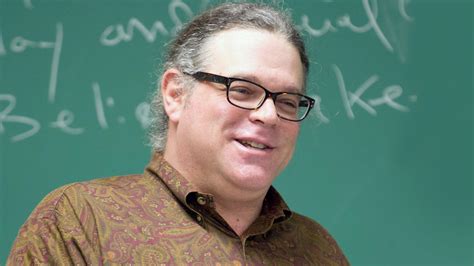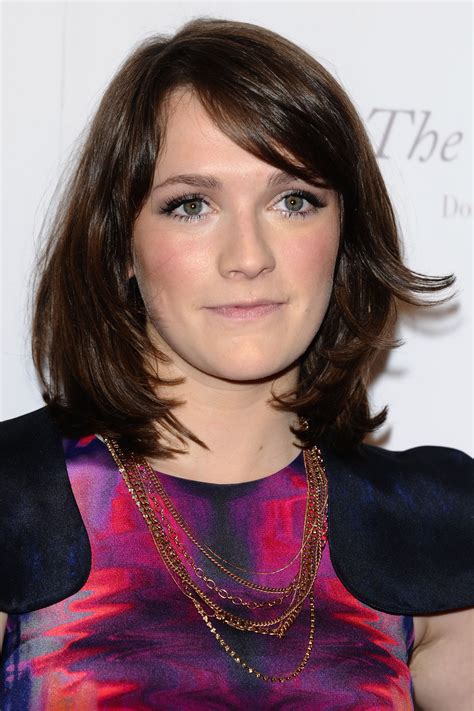A Quote by David Starkey
Television is a performance, but apps actually reflect thought processes.
Quote Topics
Related Quotes
There is a difference. You watch television, you don't witness it. But, while watching television, if you start witnessing yourself watching television, then there are two processes going on: you are watching television, and something within you is witnessing the process of watching television. Witnessing is deeper, far deeper. It is not equivalent to watching. Watching is superficial. So remember that meditation is witnessing.
To move from a discussion of the early relationship between theatre and television to an examination of the current situation of live performance is to confront the irony that whereas television initially sought to replicate and, implicitly, to replace live theatre, live performance itself has developed since that time toward the replication of the discourse of mediatization.
The Role of Deliberate Practice in the Acquisition of Expert Performance”: “The differences between expert performers and normal adults are not immutable, that is, due to genetically prescribed talent. Instead, these differences reflect a life-long period of deliberate effort to improve performance.


